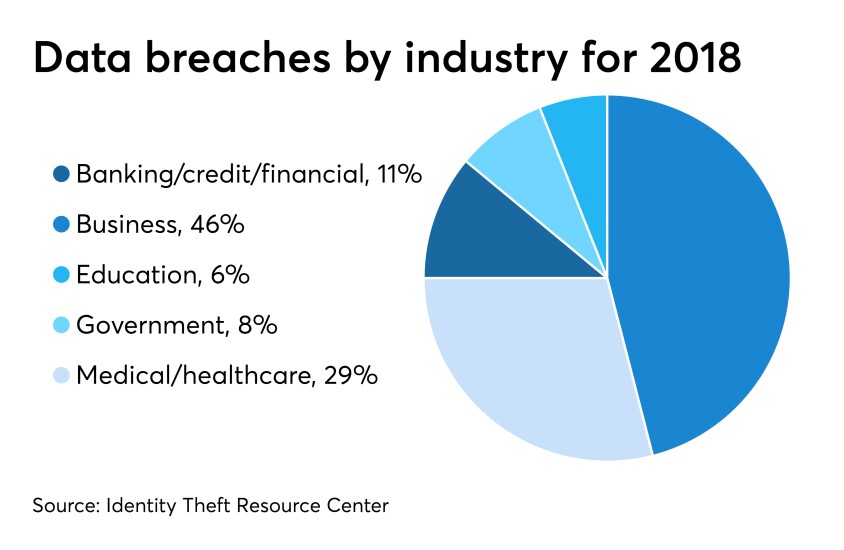
What are your cybersecurity priorities?
Cybersecurity breaches are a concern that remain at the forefront of many industries, including financial services. National Credit Union Administration Chairman Rodney Hood has even previously said that cybersecurity is an issue that
And for good reason. Cyber attacks continue to climb each year with the global cybersecurity market expected to eclipse $300 billion by 2024.
Credit unions have battled both external and internal attacks for years, and management teams need to decide where to put their resources to thwart criminals. From maintaining security protocols to preparing for new regulatory changes ahead, there's plenty for credit union executives and others to worry about in 2020.
Given the importance of the issue and its continued evolution, Credit Union Journal reached out to industry leaders to find out about their cybersecurity priorities for the coming year. Read on to see their responses, which have been edited for length and clarity.

Cary Tonne, senior vice president of information technology at Affinity Plus Federal Credit Union
“Another thing that we’ve been doing, which is a really important is that we do a lot of testing as part of our security awareness training. It’s really baked into the culture here. As we see threats occurring out there, we’ll internalize them, we’ll evaluate them, and we’ll turn around and test our employees. A lot of that will occur around phishing campaigns, so we’ll test different departments to give them the ability to figure out, 'What do I do if I see this come across my table?’”

Robert Paduano, manager of network & security at SAFE Credit Union

Carrie Hunt, executive vice president of government affairs and general counsel for the National Association of Federally-Insured Credit Unions

Lance Noggle, senior director of advocacy and counsel at the Credit Union National Association
"A lot of it comes down to proper cyber hygiene and training of a credit union’s employees of what not to open in their e-mail. Make sure you have a system and a process in place.”

Robert Smith, information security officer at Tropical Financial Credit Union

Lucy Ito, president and CEO of the National Association of State Credit Union Supervisors

Jack Lynch, chief risk officer at PSCU

Libby Calderone, president of LSC ICUL Service Corporation






